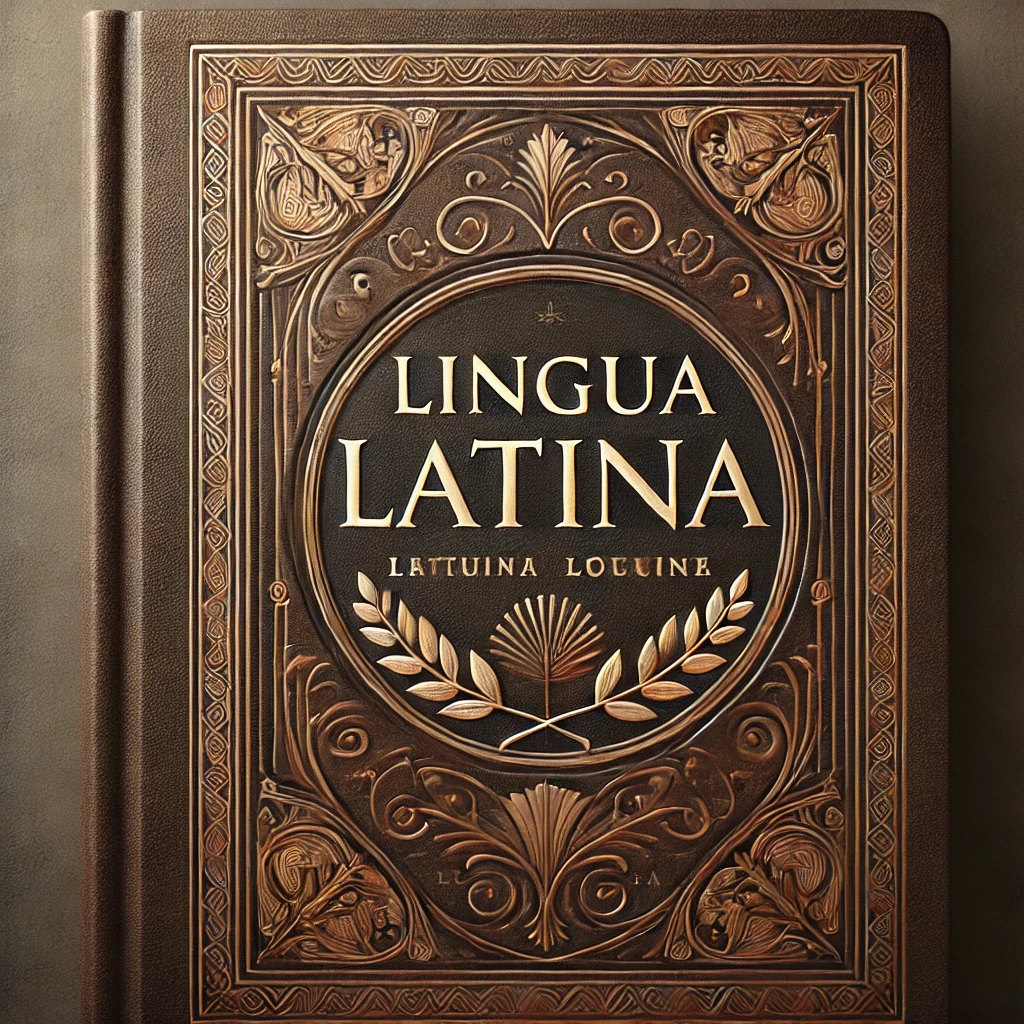Hi everyone! As a person who loves to play card games and won’t become a future gambler, here is a comprehensive list of card games that I can remember off the top of my head (from simplest to hardest):
Blackjack, Speed, BS/Bluff, Egyptian War, Palace/Threes, Dou Dizhu (Fighting the Landlord), Texas Hold’em, and Hearts.
The format for each game will discuss the objective of the game, into dealing the cards, possible card values if needed, and then how to play the game
Starting with Blackjack, this is a common game played with betting or in casinos.
Objective: Have your cards sum up to as close to 21, but without going over.
Deal: Give everyone 2 face-up cards, and the dealer should have a face-up card and 1 face-down card.
Card Values: Every card has the value that its number is, with face cards being 10; additionally, the Ace can count as either 1 or 11, depending on what the player chooses.
Play: go clockwise around the table, with each player having the option to hit or stand. If the player hits, the dealer will deal them another card, and the player gets to choose again whether to hit or stand and so on until they bust, which is when their sum adds up to over 21. If they choose to stand at any point before they bust, their turn is effectively passed and their sum remains what it is. After completing the turns of all the players, the dealer reveals the flipped card and has to keep taking cards until the total is 17 or more, but has to stand if it is 17. The game without any betting (if you play with betting there is a link for references to more rules of the game) ends with whoever has the total closest to 21 winnings. If a person hits and gets 21 or starts with 21 then they win the game for that round.
Speed is a two-player game designed for reflexes and speed, and is a very fast-paced game (as the name suggests).
Objective: Finish all the cards in your hand and your deck.
Deal: Place two cards face down in the middle, with 2 piles of 6 cards face down on each side. The rest of the cards get split in half, with each player getting a deck and taking the top 5 cards of their deck.
Play: When both players are ready, flip over the 2 face-down cards and players can play cards that are sequential to the middle cards. Whenever a player’s hand has less than 5 cards, they can draw from their deck until they have 5 cards again. If both players cannot play any cards, then when both players are ready, they flip over 1 card from each pile of 6 to resume play. When players run out of cards in both their hands and the deck, they can say/yell “speed” to win the game.
Example of a game: if one player’s hand is 34567, with the 2 middle cards being 2 and K, they can play all of their cards on the 2 and then draw 5 more cards. If the other player played an ace on the 2 before the first player could react, then the first player cannot play all their cards.
BS/Bluff is a fun group game to try to trick your friends and foil it when they try to trick you.
Objective: Finish all the cards in your hand.
Deal: Give everyone an equal number of cards.
Play: Go around the circle and starting from whoever has the ace of clovers, play at least one card of ascending order FACE DOWN (but it doesn’t have to be the actual card, you can just bluff that it is). For example, if the first person with the ace of clovers just played it, and then it’s my turn but I don’t have any twos, I can play a four and say I played a two. If someone calls my bluff, then I have to pick up the entire pile and play resumes. If someone claims that you bluffed but you weren’t, they pick up the entire pile. Players can only claim that the current player bluffed right after they play it, and if the next player plays, then the bluff is dead. Continue until anyone finishes
Example: The person on my left just played 2 sevens, and I played 1 eight. The next player plays 3 nines, but I have 2 nines so I call bluff and they pick up the pile.
Egyptian War is a game of slapping (lots of slapping). This game will also make you question why your friends have such fast reflexes but you don’t, and then you realize it’s because their hand is closer.
Objective: Obtain all the cards in the game (but this usually takes a long time so people just play until they don’t want to and whoever has the most cards wins).
Deal: Give everyone an equal number of cards.
Play: With everyone having their cards face down, place cards face up on top of each other in a circle with each person playing a card at a time. If at any time a person realizes a combo has been formed, they can slap the pile to take the pile. If they slapped the pile and there wasn’t a combo, they must burn a card by taking the top card from their deck and putting it at the bottom of the play pile. Continue until someone obtains all the cards or everyone gets tired of playing.
Combos: For the most part, combos can be picked by the players as whatever they want to play, but here are some common ones:
– Doubles: two same-number cards right next to each other
– Sandwich: two same number cards sandwiching any other card
– Big Sandwich: same as sandwich but with two cards in the middle
– Marriage/Divorce: King and Queen right next to each other
– Affair: Queen and Jack right next to each other
– Top-Bottom: Top and bottom cards are the same
– Additionally, to these basic combos, people can add whatever they want, but these are the most common and generally the baseline for Egyptian War.
Special Cards: Jack, Queen, King, and Ace are all counted as “royals”. The way royals work is that if anyone plays it, the next player has to play a certain number of cards, and if those cards don’t have a royal in them, the player who played the royal gets the entire pile. The number of cards played depends on what royal was played, with Jack’s being 1 card, Q-2, K-3, and ace being 4 cards. For example, if I played a Q and the next player played an eight and then a five, I get the entire pile. However, if the next player played an eight and a Jack instead, it keeps going with the player after that having to follow royal rules. Generally, Jacks are the strongest, as they let you have the pile with the person following you to only have one chance at playing a royal.
House Rules: This game can also be played with a lot of special rules depending on the players, with an example being “Burned Bottoms”, where burned cards count as the new bottom for the Top-Bottom combo, or other special rules.
Palace/Threes is an amazing game (it was the first card game I learned from going camping with friends), and has the simple idea of maintaining your ability to play cards while trying to increase the limit for your opponents:
Objective: Finish all the cards in your hand and your stock.
Deal: First deal every player 3 face down cards, and then 6 face up cards. Each player must then choose 3 cards to place on top of their face-down cards, so every player has a “stock” of 3 face-up cards on top of 3 face-down cards. The rest of the cards go in the middle of the deck.
Play: Starting from whoever, they can play any number of the same numbered card (an example would be 1 four or all 4 nines, as long as they’re the same number). Going to the next turn and all future turns, the players must play cards that are HIGHER than the cards in the current pile (so for example you can play 4 eights on 3 sixes, but not on 1 ten). There are also special cards (covered later in this article) that can change the next player’s turn. When a player cannot play a card higher than whatever is in the pile, they must take the pile, and play resumes with the next player’s turn. If a player ever has less than 3 cards and the deck still has cards (there is a difference between the deck and the play pile), then they must draw until they have 3 cards. When a player has run out of cards in their hand AND the deck is empty, they can begin playing the face-up cards in their stock. Once finishing those, they must blindly play the face-down cards, and the same rules apply. If at any time while playing stock cards they have to pick up the pile, they must finish playing their hand before they can return to the stock.
Special Cards + Card Order:
– Cards go from lowest to highest in the order: 4 5 6 8 9 J Q K A
– Special cards are: 2 3 7 10 and Jokers (if they are in the deck)
– Twos reset the pile to a value of 0, so the next player can essentially play anything.
– Threes make the next player pick up the pile no matter what.
– Sevens make it so the next player has to play something LOWER than seven, not higher.
– Tens and Jokers move all the cards in the play pile to the discard pile.
– All the special cards except for seven can be played at any time, with seven having to be played as a card higher than anything less than seven (basically treat it as normal).
Dou Dizhu is a Chinese three-player game that allows two people to gang up on the third and is also often used in Chinese gambling.
Objective: Either you or your team finishes all your cards.
Deal (Played with a standard 54-card deck): Flip up 1 card when shuffling, deal everyone 17 cards, and place 3 cards face down on the table. Whoever got the flipped-up card can become the landlord, which entails getting the 3 face-down cards (they have to reveal what these three cards are though), and playing the 1v2. Essentially whoever picks up the three cards becomes the landlord and plays against the two peasants. This player can also decline to become the landlord, and the opportunity goes around the circle, if everyone declines, then the original person is forced to become the landlord.
Play: The landlord begins play by playing any combo, and play goes around the game with each player having to either play a higher variant of the same combo or pass. The play ends when a player plays something and the other two pass. This process is then looped with the person who didn’t pass resuming play. (For example, if the landlord starts by playing a pair of fours, the peasants must play pairs of the same card, and play ends when everyone passes on one of the peasants playing a pair of twos, and that peasant gets to start the play again). The game ends when either the landlord finishes their hand, or one of the two peasants finishes their cards.
Combos + Card Order:
– Cards go from lowest to highest in the order: 3 4 5 6 7 8 9 10 J Q K 1 2 Joker
– Playable combos are:
> Singles (just one card): 5
> Pairs (two same numbered cards): 55
> Three + Two (three same numbered cards + two different same numbered cards): 55533
> Straight (5+ cards that increase by 1 in number): 34567, or 456789, etc.
> Airplane (Two sequential threes + either 2 singles or 2 pairs): 2223337K or 7778882255
> Bomb (Four of any card): 2222, 4444
> Joker Bomb (Both jokers): JJ
– A few rules for some of the combos: for straights, if a player plays a straight, only a straight with the SAME NUMBER of cards can beat it, aka an 8 long straight cannot be played on a 5 long straight. Additionally, twos and jokers cannot be used in straights. Bombs and joker bombs can beat anything, with higher bombs being able to beat lower bombs and joker bombs being the largest.
Texas Hold’em is the most popular form of Poker, (and yes they are different games I fact-checked this right before writing this) (we also have a Poker club at BISV that you should join; I am not part of that club but its free advertising for them):
Objective: Make the best possible five-card poker hand using your own two hole cards and the community cards; whoever has the highest hand wins that round.
Deal: Deal every player 2 face-down cards that only they may see. During play, more cards will be dealt: the first three cards in the community cards are called the flop, the fourth the turn, and the fifth the river.
Play: Between each deal of the community round comes a betting round (which can be explored further on your own time, I apologize to those who are really into poker and my not explaining this part kind of takes away half the game). During the betting rounds, players may fold and thus drop out if they feel as if they cannot win. Due to that, players can win even without a great hand if they can bluff that they do.
Hand Rankings (Lowest to Highest):
– High Card – Five unmatched cards
– One Pair – Two same-numbered cards
– Two Pair – Two pairs of same-numbered cards
– Three of a Kind – Three same-numbered cards
– Straight – Five consecutive cards
– Flush – Five cards of the same suit
– Full House – Three cards of the same number + Two cards of the same number
– Four of a Kind – Four same-numbered cards
– Straight Flush – Five consecutive cards all of the same suit
– Royal Flush – A K Q J 10, all of the same suit
Hearts is another game that I learned while camping, and this is an amazing game to try to bait out points from your opponents while throwing your points away, or trying risky strategies that may or may not pay off:
Objective: Score the least amount of points.
Deal: Depending on the number of players (this is a max 3-5 player game), remove a card (typically the two of clovers or diamonds), and deal everyone an equal number of cards.
Play: Play is done in “tricks”, where each trick is a round of every player playing one card. The first trick begins with the person with the two clovers, and everyone must follow suit. If they do not have a card of the same suit, they may play whatever. The player who played the highest card of the suit wins that trick and takes all the cards into their pile, separate from their hand. Hearts cannot be played until the “hearts are broken” by someone playing a heart when they don’t have the suit of the trick (Basically the winner of a trick cannot play hearts as the next suit unless hearts have been broken). After all the cards are played, each player counts the number of hearts in their pile, each being one point, with the queen of hearts being worth 13 points. When the count of points is finished, redeal and resume play, until someone reaches 100 points. When someone reaches 100 points, the game is over and whoever scored the least points wins. Additionally, if a player manages to score all thirteen heart cards, they’ve done a strategy called “shooting the moon”, and receive 0 points while everyone else receives 26 points.
Card Order: The ranking order in Hearts from high to low is Ace, K, Q, J, 10, 9, 8, 7, 6, 5, 4, 3, and 2.
All of these card games are extremely fun, and it’s easy to sink LOADS of time into it. If I were to give my top three favorites personally, it would be something like Dou Dizhu, Palace, and Speed. Regardless, I hope y’all had a good experience reading about these card games and an even better experience playing them. Maybe I’ll make a part two?














![Teacher [Milk] Tea: Part 2](https://bisvquill.com/wp-content/uploads/2024/03/Screen-Shot-2024-03-19-at-9.28.48-PM.png)
![Teacher [Milk] Tea: Part 1](https://bisvquill.com/wp-content/uploads/2024/03/milk-tea.png)

































